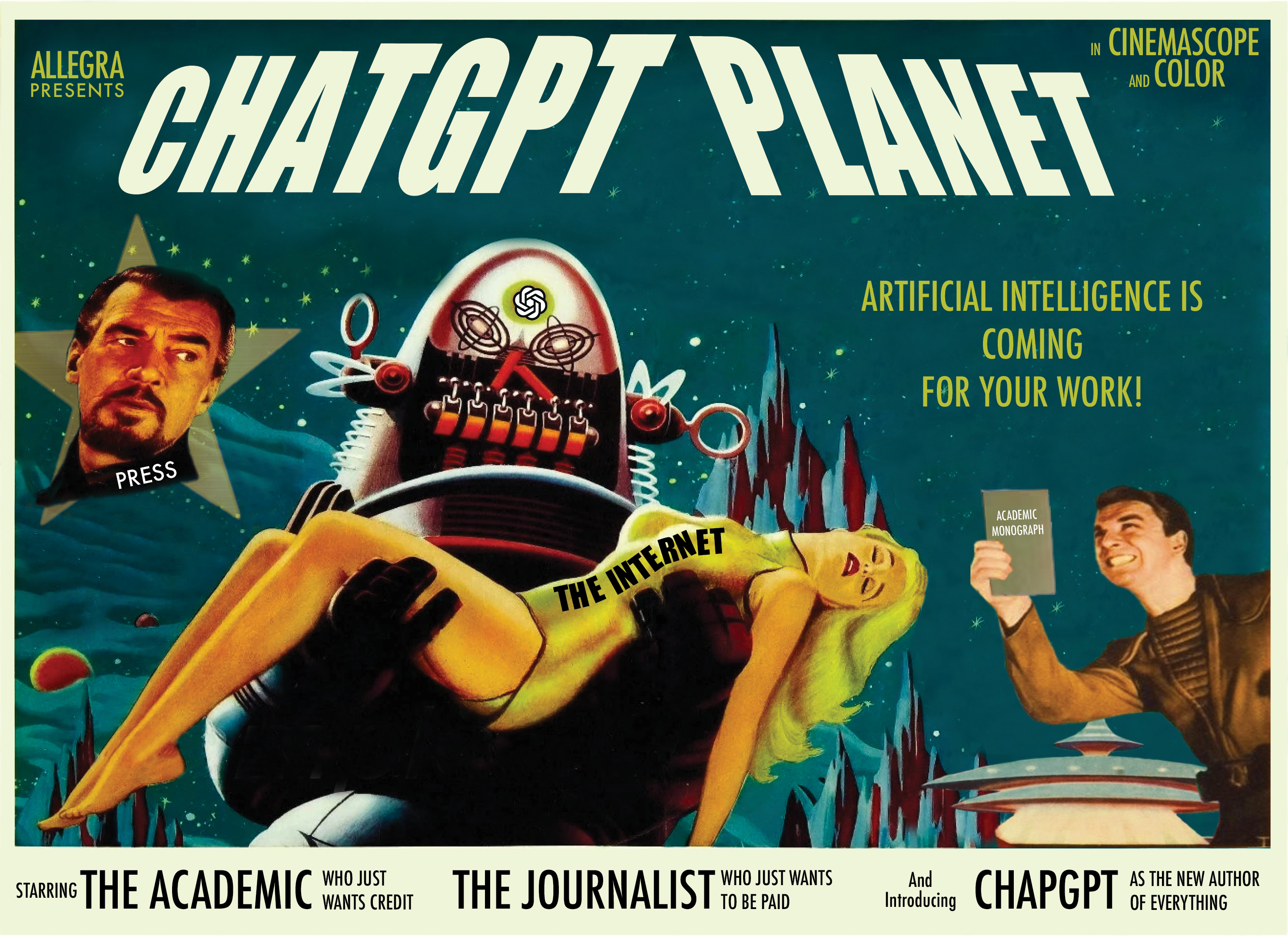The contemporary transformations of universities with the adoption of profit oriented modes of management and a greater pressure to measure the ‘impact’ of scholarship are worrying. As Leighton Christiansen explains in a recent article of the Socialist Worker: “ Since the 1970s, colleges and universities have become (…) corporatized “knowledge factories,” adopting big-business employment and organization models; shifting funding out of classrooms; and pouring money into administrators’ salaries and corporate profit margins. These practices include eliminating full-time jobs, contracting jobs out to the private sector, cutting benefits–and hiring more part-time instructors. »
The tragic fate of Margaret Mary Vjotko, a 25-year adjunct professor who died destitute at the age of 83, appears to have become the symbol of devastating working conditions for academics in temporary positions. Academics everywhere seem to have become the « new precariat », while managers reap their awards. At Sussex University, for example, Vice-Chancelor Michael Farthing is now paid £280,000 (including pensions contributions), as compared to £178,000 in 2007 (that’ll be a 57% increase then). This comes after Farthing made a strategic plan ironically entitled ‘Making the future’, which led to massive cuts and redundancies. Farthing has effectively disbanded the renowned Linguistics Department, shut down the Center for Community Engagement (which offered short courses for those in employment or unable to attend university) and cut fundings for the others. Farthing’s decision to outsource services on campus has provoked widespread civil disobedience by students.
Audit Culture
These examples remind us that the disciplinary techniques of the New Management Culture have effectively entered our universities. With it, a whole range of monitoring tools has been put in place to assess performance, measure impact and audit relevance. Some universities, in Germany, in France and in the UK desperately try to resist…But for how long? And why is it that so many of us are so complicit and accept to submit to Research Assessment Exercises and Teaching Quality Audits when these represent our work so poorly? Is it, as Marylin Strathern suggests, that the power of transparency is so pervasive that resistance becomes automatically suspicious?
The effects of these disciplinary techniques are multiple : Not only do they shape specific academic subjectivities, forcing academics to present themselves in certain ways, but they also transform the academic environment, encouraging competition instead of collaboration. The liberal obsession with ‘impact’ oriented/applied research also means that critical traditions are in grave danger. If one cannot deny the need for research to be relevant, impact criteria often rely on quantifiable data instead of qualitative ones. As Said reminds us in his last interview we published recently:
“The canons of understanding, the canons of interpreting apply in all these instances: whether it is politics, or literature or critics: they have to do with memory. They have to do with notions of coexistance. The world is not an exclusive place…and then human agency or will. It’s up to you to try and hold them together. And that’s where effort is for me. I never saw myself as a solver of problems. People sometimes ask me: ‘Give us a programme! Give us a solution!’, but I distrust that.”
Occupy Everywhere
The Occupy movement with its spontaneous lectures delivered by Slovej Zizek, Judith Butler, Andrew Ross, Joseph Stiglitz and many others in public spaces reminds us of the urgency to collectively reclaim our space: the one of intellectual freedom. A space whose content should not be dictated by benchmarks and indicators, but rather by the imagination that is necessary in order ‘to think our times by thinking against our time’ (as Wendy Brown phrases it). In contrast with the open lectures organised by French intellectuals in La Sorbonne during the May 68 revolt, the open air lectures of the Occupy movement signify that the main space for us to reclaim is a ‘state of mind’ before being a physical space.
The open-air lecture format is also a powerful illustration of the extent to which we have been dispossessed. While our governments have poured public money to save the banks, we have been made homeless and our universities have become virtual, nomadic, utopian.
This fact is perhaps best captured by the University for Strategic Optimism, an initiative launched by students at Goldsmith University (London) as the Occupy movement found a momentum in the British academia. This imaginary university presents itself in the following terms on its website:
« Our basic public services, we are told, are simply too expensive. They must be thrown under the wheels of the megalithic debt that bears down upon us. They must be privatised, corporatised and commodified (…) The UfSO offers an emphatic No! to this description of our current situation, and sees instead a magnificent opportunity, a multiplication of possibilities, the opening of a space in which we might think about, and bring about, a fairer and and more fulfilling society for all. In short: Many good reasons for strategic optimism! »
The UfSO inaugural lecture was held by Dr. Etienne Lantier (a pseudonym?) at Lloyds TBS, Borough High Street London on November 24th 2010. Other impromptu lectures were organised in TESCO supermarkets, and in front of the Ministry of Business and Innovation, to alert the public that the University is indeed, for sale…and may well disappear altogether, as the recent shut down of the University of Athens sadly seems to announce.
The humorous tone of these spontaneous forms of resistance is a proof that neoliberal governance may well try to discipline knowledge factory workers, its spirit is still very much alive.







